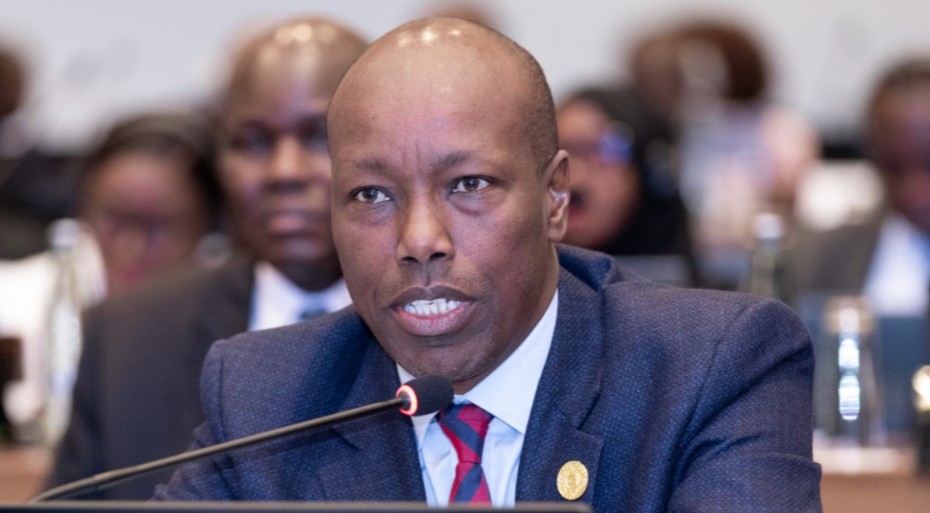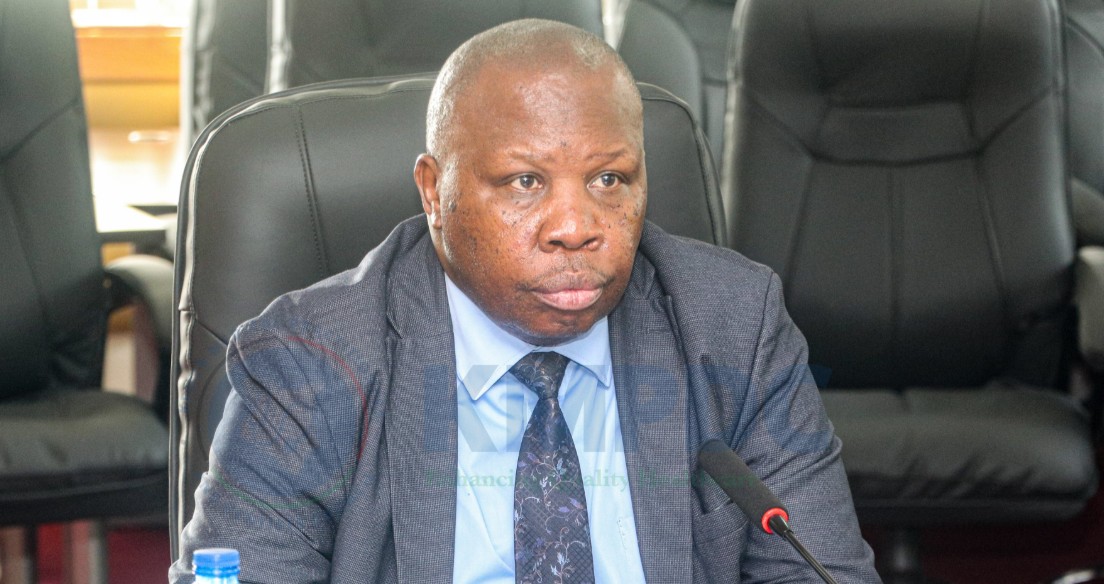Treasury warns of debt crisis if new tax proposals are rejected

The Treasury PS said that the debt burden has left the country with no choice but to increase taxes to cushion the country from debt stress.
The National Treasury has rallied members of parliament to enforce the controversial tax measures in the Finance Bill, 2024 as it looks to align with the International Monetary Fund's demand for more taxation under the fiscal consolidation programme with Kenya.
While addressing the Finance and Planning Committee on Tuesday, the Principal Secretary for Treasury, Chris Kiptoo, said the higher taxes and new ones proposed in the Bill are necessary to control mounting public debt levels and support economic growth.
More To Read
- Treasury approves phased settlement of lecturers’ Sh7.76 billion arrears
- CS Alfred Mutua defends sugar sector layoffs as legal, necessary reform
- Treasury reveals Sh30 billion paid to fund road projects across Kenya
- Kenya’s 2026/27 budget set at Sh4.65 trillion – Here’s what it means for you
- Treasury warns billions at risk as counties rely on third-party revenue systems
- Audit exposes civil servants’ mismanagement of millions in imprests across ministries
"To stay away from borrowing, we must increase our own revenue. We do not have room to take on more debt because it will worsen our situation," Kiptoo said.
"As a result, we must increase our revenue and decrease our expenses. We further need to mobilise income aggressively to collect more taxes."
The PS on Thursday noted that the debt burden has left the country with no choice but to increase taxes to cushion the country from debt stress.
"For every Sh10 we get from KRA, we use Sh6 to pay our debt. This means that we have less money to fund roads, education and other areas of development. This is the reality," he said.
Ahead of Thursday's budget reading, National Treasury and Economic Planning Cabinet Secretary Prof. Njuguna Ndung'u emphasised the importance of fiscal responsibility and the need for prudent budget allocation of resources to address the pressing issues facing the country.
The CS said this year's budget focuses on economic recovery through programmes, and policy reform interventions aimed at resuscitating exports as well as developing and protecting markets.
Ahead of the budget presentation today, Treasury CS Njuguna Ndung'u says President William Ruto has stabilised the economy.
— The Eastleigh Voice (@Eastleighvoice) June 13, 2024
CS Ndung'u based his statement on key Indicators including inflation rate, exchange rate and economic growth, but warns that the recovery is still fragile… pic.twitter.com/9nxi9hxZc8
Prof Ndung'u warned that the country was still reeling economically from the shockwaves experienced in the past three years which included the Covid-19 pandemic, drought, El-Nino rains, supply constraints as well as the global dollar shortage.
IMF concerns
The IMF has recently raised concern over the significant shortfall in tax revenue collection and deterioration in the primary fiscal balance in FY 2023/24 which relative to programme targets, is expected to keep domestic borrowing needs elevated.
"As a result, interest payments have increased, putting pressure on public debt even after the state benefited from a strengthened shilling," IMF said.
It therefore recommended that a sizable and upfront fiscal adjustment in the FY 2024/25 will be needed as it will be a remedy to the situation.
Notably, the authorities have since taken decisive steps towards fiscal consolidation by introducing several measures in the context of the draft 2024/25 Budget and the 2024 Finance Bill.
Kenya intends to reduce its budget deficit for the fiscal year that begins in July, but it still wants to maintain spending on initiatives that stimulate growth, such as infrastructure.
This fits with the three-year goal to transition to a balanced budget.
The nation has been running large fiscal deficits for the past 10 years to finance several ambitious infrastructure projects, however, the move almost backfired when investors began to doubt the government's capacity to pay back the debts.
PS Kiptoo told the planning committee that rejection of the tax measures would increase Kenya's budget deficit and place the country on a collision course with the IMF.
The Treasury also seeks to raise an additional Sh323 billion in taxes in the coming Financial Year supported mostly by the new tax proposals in the Bill.
The move has since drawn sharp criticism from political opponents and various sector players such as the manufacturers.
Top Stories Today















































